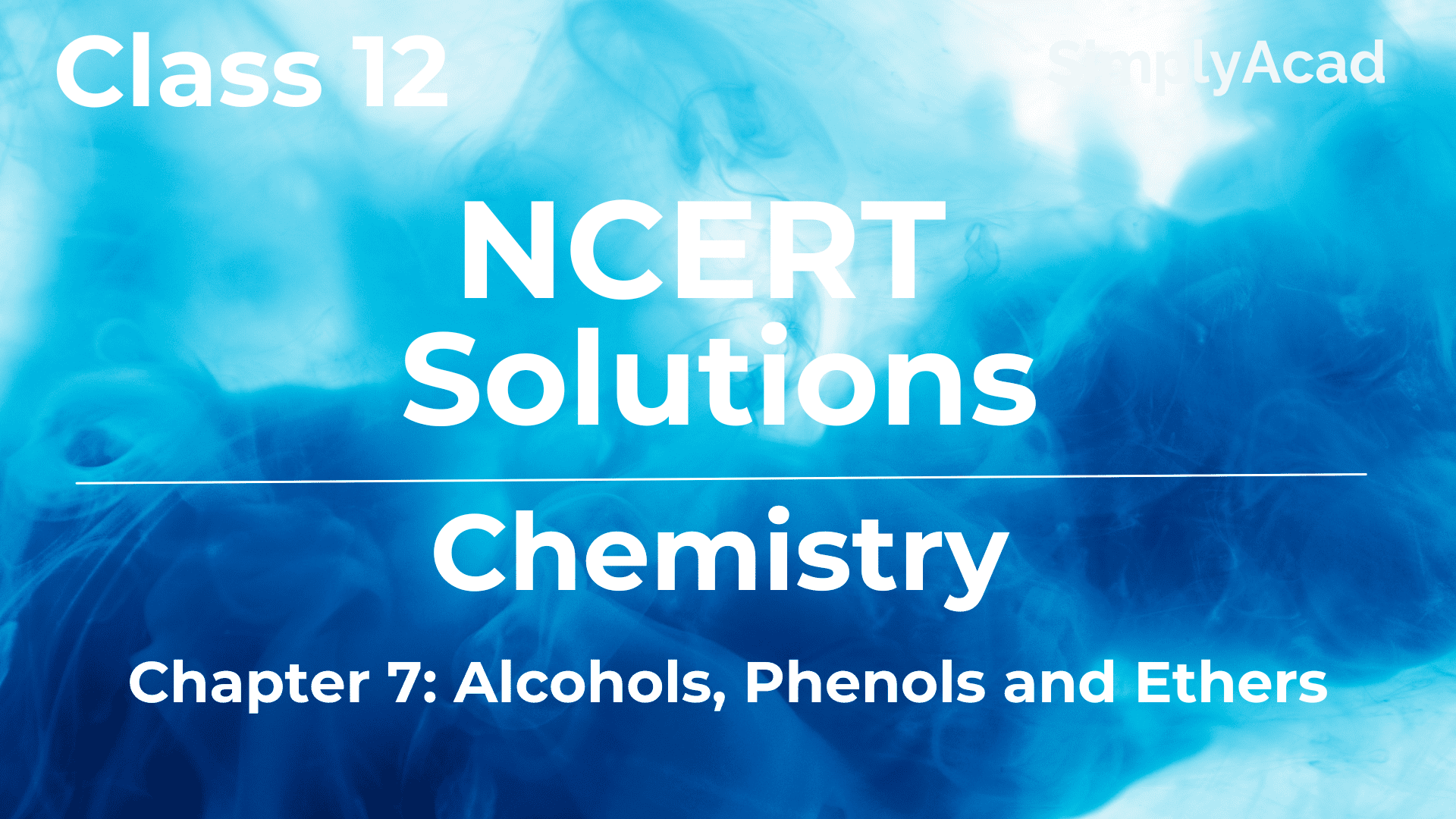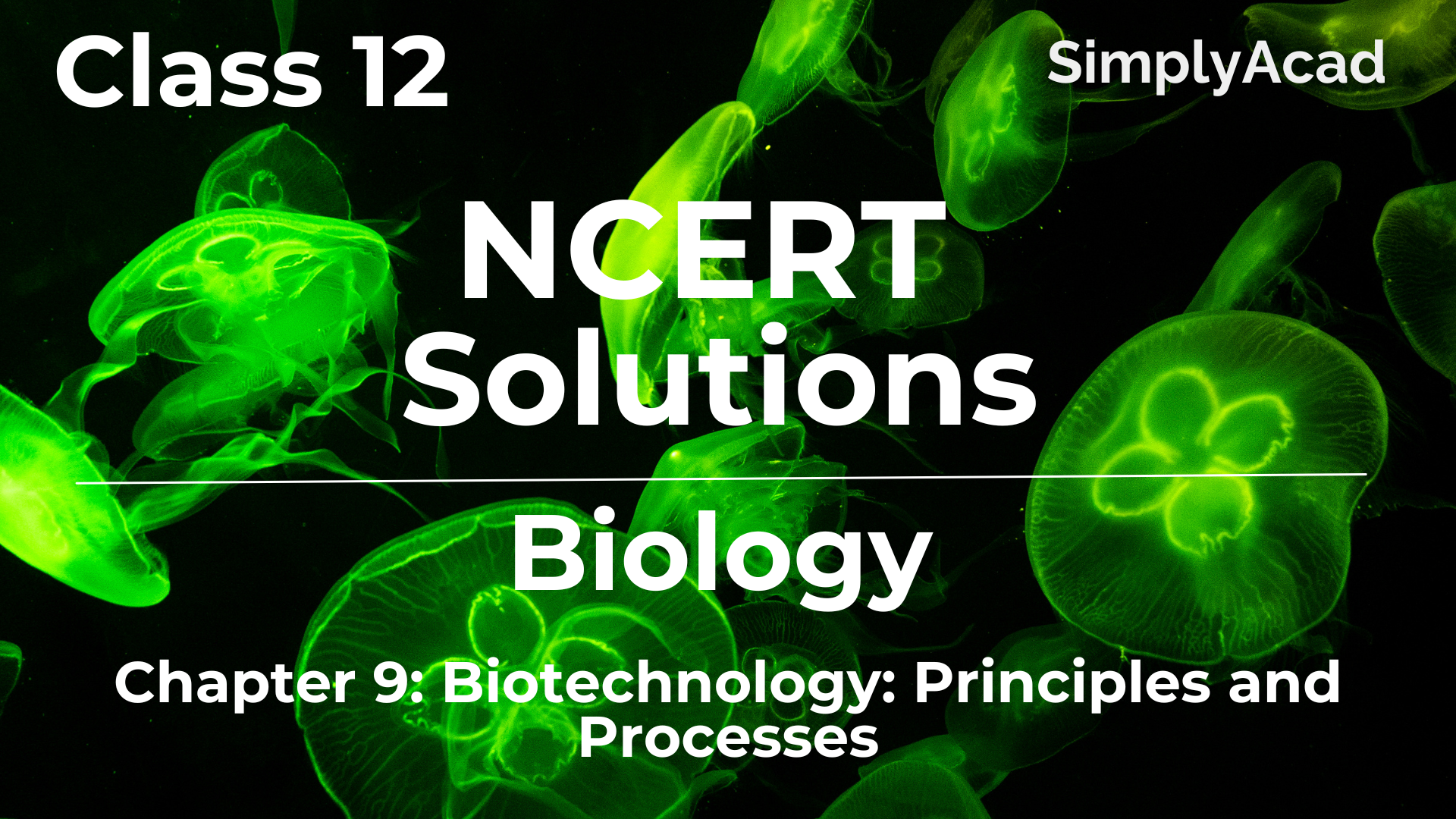NCERT Solutions for Class 7 Maths
NCERT Solutions for Class 7 Maths: Comprehensive Chapter-Wise Guide
SimplyAcad offers the best NCERT Solutions for Class 7 Maths to support students in their educational journey. Mathematics is a critical subject that demands focus and consistent practice. To master the concepts in each chapter, students should solve the questions outlined in the NCERT Maths textbook. Our NCERT Solutions for Class 7 Maths have been carefully prepared by experts to help students tackle challenging problems with step-by-step solutions.
Why Choose Our NCERT Solutions for Class 7 Maths?
The NCERT Solutions for Class 7 Maths are designed to build a solid foundation in mathematics through detailed explanations and examples. Using these solutions allows students to gain a clearer understanding of complex topics. Consequently, they can enhance their practice and improve their performance in exams.
Maths Solutions
Chapter 1: Integers
This chapter covers integers and their operations. Students will explore the properties of addition, subtraction, multiplication, and division of integers. For instance:
- Exercise 1.1
- Exercise 1.2
- Exercise 1.3
- Exercise 1.4
Chapter 2: Fractions and Decimals
In Chapter 2, students build on their knowledge of fractions and decimals by learning multiplication and division operations. Additionally, they will work on:
- Exercise 2.1
- Exercise 2.2
- Exercise 2.3
- Exercise 2.4
- Exercise 2.5
- Exercise 2.6
- Exercise 2.7
Chapter 3: Data Handling
This chapter discusses data handling techniques, including collecting, organizing, and representing data. Students will also learn about concepts like mean, mode, median, and probability. Therefore:
- Exercise 3.1
- Exercise 3.2
- Exercise 3.3
- Exercise 3.4
Chapter 4: Simple Equations
Learn how to construct and solve equations in Chapter 4. This chapter covers transposing numbers and applying basic equations to real-world scenarios. As a result:
- Exercise 4.1
- Exercise 4.2
- Exercise 4.3
- Exercise 4.4
Chapter 5: Lines and Angles
Chapter 5 explores key topics such as transversals and angles formed by them, as well as properties of parallel lines. Therefore:
- Exercise 5.1
- Exercise 5.2
Chapter 6: The Triangle and Its Properties
In this chapter, students dive into the properties of triangles, including medians, altitudes, and the Pythagorean theorem. Consequently:
- Exercise 6.1
- Exercise 6.2
- Exercise 6.3
- Exercise 6.4
- Exercise 6.5
Chapter 7: Congruence of Triangles
Chapter 7 helps students understand the concept of triangle congruence and the criteria for determining when two triangles are congruent. Specifically:
- Exercise 7.1
- Exercise 7.2
Chapter 8: Comparing Quantities
In Chapter 8, students learn how to compare quantities through percentages, ratios, profit and loss calculations, and basic interest. Thus:
- Exercise 8.1
- Exercise 8.2
- Exercise 8.3
Chapter 9: Rational Numbers
This chapter covers rational numbers, their representation on the number line, and operations involving these numbers. Hence:
- Exercise 9.1
- Exercise 9.2
Chapter 10: Practical Geometry
Chapter 10 introduces practical geometry techniques, including drawing parallel lines and constructing triangles. For instance:
- Exercise 10.1
- Exercise 10.2
- Exercise 10.3
- Exercise 10.4
- Exercise 10.5
Chapter 11: Perimeter and Area
This chapter focuses on calculating the perimeter and area of various plane figures. Consequently:
- Exercise 11.1
- Exercise 11.2
- Exercise 11.3
- Exercise 11.4
Chapter 12: Algebraic Expressions
Chapter 12 covers algebraic expressions, including terms, coefficients, and operations like addition and subtraction. Therefore:
- Exercise 12.1
- Exercise 12.2
- Exercise 12.3
- Exercise 12.4
Chapter 13: Exponents and Powers
Learn about exponents and their properties in Chapter 13, as well as working with powers. Consequently:
- Exercise 13.1
- Exercise 13.2
- Exercise 13.3
Chapter 14: Symmetry
Chapter 14 introduces symmetry, discussing lines of symmetry, rotational symmetry, and symmetry in polygons. Thus:
- Exercise 14.1
- Exercise 14.2
- Exercise 14.3
Chapter 15: Visualising Solid Shapes
Finally, Chapter 15 focuses on visualizing solid shapes, including isometric and oblique sketches, and different sections of solids. For example:
-
- Exercise 15.1
- Exercise 15.2
- Exercise 15.3
- Exercise 15.4
latest video
news via inbox
Nulla turp dis cursus. Integer liberos euismod pretium faucibua




